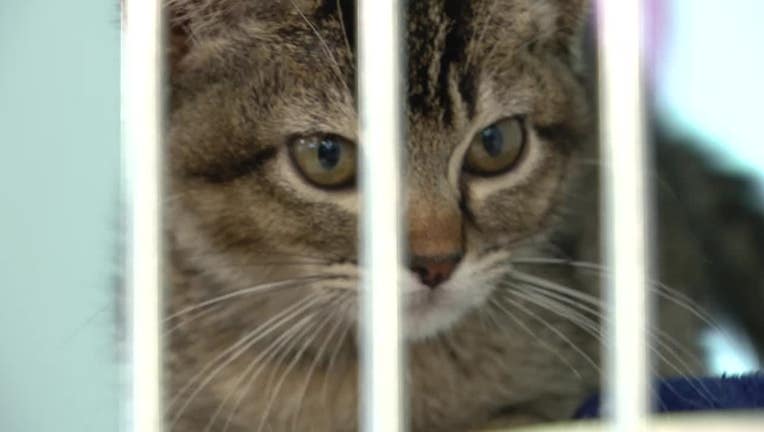Texas bill allocates $13M for animal spay and neutering services

Texas lawmakers passed a budget that sets aside $13 million for animal spaying and neutering services in order to limit the spread of infectious diseases.
If approved by the governor, the Department of State Health Services (DSHS) would lead a statewide pilot program over the next two years.
Spaying and Neutering Pilot Program
What we know:
The program was created in an effort to reduce the prevalence of infectious diseases such as rabies, toxoplasmosis, and leptospirosis. These diseases, which can be transferred from animals to humans, can cause adverse side effects in people.
What they're saying:
Shelby Bobosky, executive director of the Texas Humane Legislation Network (TLHN), said the pilot program is a crucial step forward in protecting both animals and people.
"Shelters, veterinarians, and local communities have long struggled with limited resources to manage stray and feral animal populations," she said. "This funding is not only indispensable, but it also reflects a clear understanding by the Legislature that animal welfare is a vital part of our public health infrastructure."
Bobosky believes the effort will help to tackle Texas’ pet overpopulation problem while working to improve community health.
Featured
Texas' $338 billion budget passes Senate, heads to Gov. Abbott's desk
Property tax relief, public schools, and more: Here's how your tax dollars will be spent over the next two years.
The backstory:
The pilot program is a continuation of previous legislation the TLHN led: Senate Bill 1568, which passed on May 24, 2025. This bill, authored by State Senator Judith Zaffirini, a Democrat from South Texas, created specialty license plates to promote public participation in animal sterilization.
The new license plates would include the phrase "Spray. Neuter. Adopt." The sales of this license plate would support the Animal Friendly Account to help fund programs and organizations that support animal sterilization in order to reduce stray populations.
What's next:
If signed into law by Gov. Greg Abbott, the DSHS will begin forming the plans and procedures to implement the pilot program over the upcoming months.
The TLHN plans to work with animal shelters, veterinary professionals, rescue organizations, and local municipalities to collect feedback to share with the DSHS.
The Source: This information was gathered from Texas Policy Research, as well as a news release sent by the Texas Humane Legislation Network.


